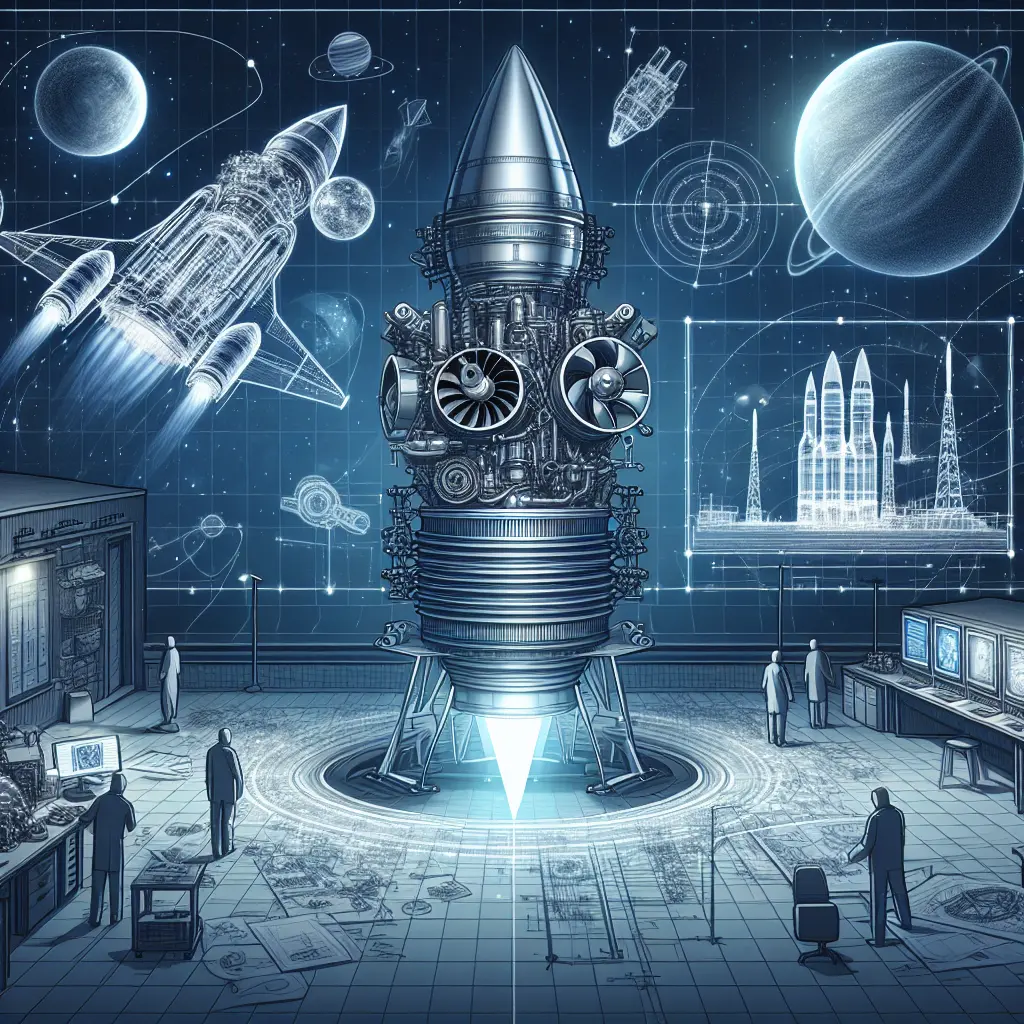SpaceX's autonomous drone ships have redefined the landscape of space travel and rocket recovery, revolutionizing both maritime operations and space exploration. As part of SpaceX's cutting-edge landing technology, these ocean-based platforms, known as autonomous spaceport drone ships, play a crucial role in enhancing the company's mission efficiency and sustainability efforts. Their development marks a significant leap in SpaceX's reusable rocket technology, particularly for the Falcon 9 landing platform.
The journey of SpaceX drone ship development has been a testament to the company's relentless pursuit of excellence. Initially conceptualized to address the challenges of rocket recovery, these autonomous spaceport drone ships have undergone significant technological advancements. Their primary function is to serve as ocean-based landing platforms for the Falcon 9 rocket's first stage, drastically improving SpaceX's landing technology and rocket landing success rates.
Early iterations faced challenges such as stability issues in rough seas and precise rocket landing capabilities. However, continuous innovation has led to remarkable improvements. Advanced navigation systems and robust stabilization mechanisms now ensure these platforms withstand harsh maritime conditions while providing reliable surfaces for rocket landings. For more insights, check out the NASA Spaceflight article on SpaceX drone ships.
SpaceX's maritime operations have been revolutionized by these autonomous platforms. By enabling rockets to land at sea, SpaceX has expanded its operational flexibility, allowing launches from various locations without land-based constraints. This advancement supports sustainability efforts and reduces turnaround times between launches.
Moreover, the drone ships are equipped with sophisticated tracking and communication systems that seamlessly link with SpaceX's central command. This ensures precise control and coordination during recovery missions, maintaining high standards of mission efficiency.
Recent Developments and Technological Milestones
In 2024, SpaceX announced upgrades to its fleet of drone ships to enhance their capabilities further. These updates included integrating artificial intelligence algorithms that improve landing precision and adaptive learning systems that refine landing protocols based on past performance data. Such innovations underscore SpaceX's commitment to advancing autonomous ship technology.
According to a TechCrunch report, these AI-driven systems have resulted in a 98% success rate for ocean-based landings, highlighting the reliability and effectiveness of SpaceX's landing technology.
The development of autonomous drone ships has been pivotal in advancing reusable rocket technology. By providing a consistent and reliable landing platform, these ships have enabled SpaceX to significantly reduce launch costs. This cost-effectiveness is crucial for maintaining competitive pricing in the commercial space industry and supports Elon Musk's vision for affordable space travel.
Additionally, the success of these ocean-based landing platforms has inspired other aerospace companies to explore similar technologies, indicating a paradigm shift towards more sustainable and efficient space operations across the industry.
Impact on Global Space Exploration Initiatives
SpaceX drone ships' impact extends beyond the company, influencing global space exploration advancements. By demonstrating reusable rockets' feasibility and efficiency, SpaceX has encouraged international collaborations and investments in space technology. Countries launching satellites benefit from reduced launch costs and increased access to space.
These advancements have facilitated more frequent satellite deployments and contributed to scientific research and technological development worldwide. Reusing rockets allows for more ambitious missions and a greater understanding of our universe.
Looking ahead, the future of space travel appears promising with SpaceX at the helm of drone ship innovation. The company plans to expand its fleet and incorporate even more advanced technologies to further enhance the reliability and efficiency of its maritime operations. This continued development is poised to support larger and more complex missions, including potential manned missions to Mars.
As SpaceX refines its autonomous drone ship technology, it remains committed to sustainability efforts. The environmental footprint of space travel is a growing concern, and prioritizing reusable rocket technology sets an example for responsible exploration practices.
I invite you, our readers, to ponder how these advancements might influence our collective journey beyond Earth. How can we leverage such innovations to further our understanding of the universe? Share your insights and experiences in the comments below, and let's explore the possibilities together.









Leave a Comment